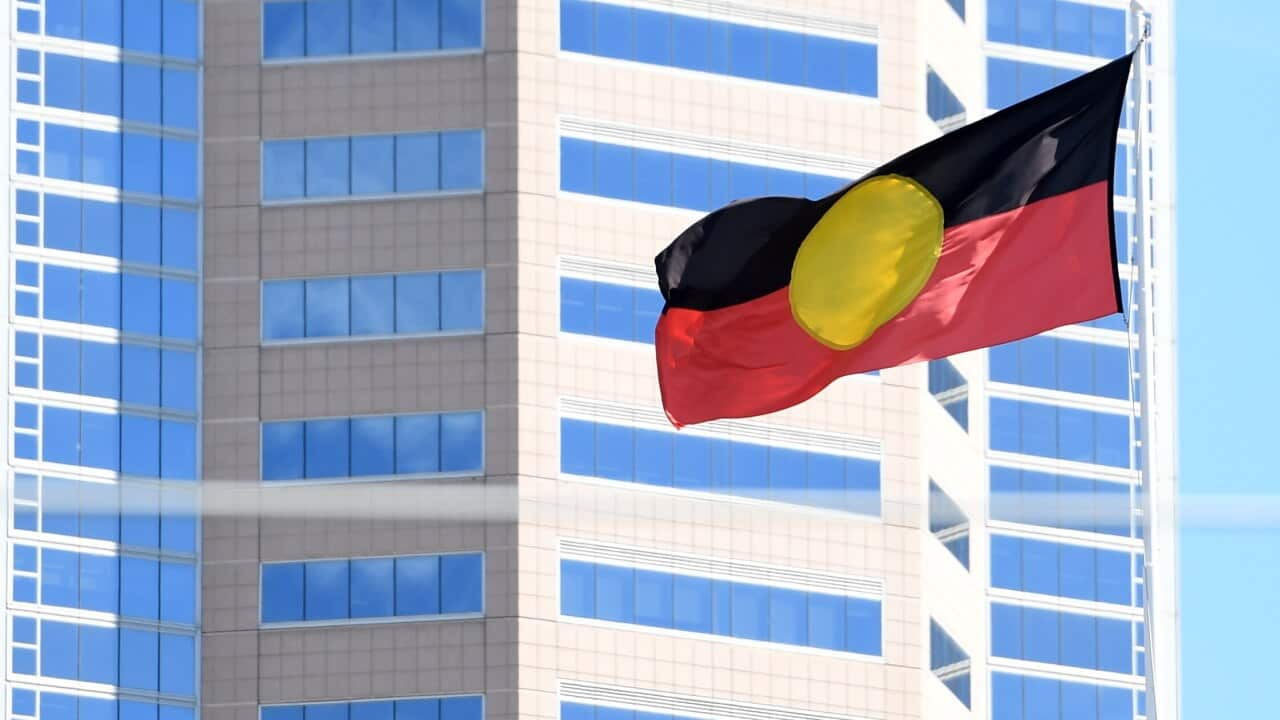The Australian Capital Territory government has become the first Australian parliament to include an acknowledgement to country spoken in traditional language in their formal proceedings.
A motion was passed on Thursday to start each sitting day pf he assembly with an introduction in Ngunnawal language, the traditional tongue of the custodians of the Canberra area.
For the local people, it represents more than an acknowledgement of country.
Proud Ngnunnawal woman, Caroline Hughes, described the moment the language became common practice.
“It was absolutely incredible. We couldn't help ourselves. We clapped and cheered from the gallery,” Ms Hughes said.
“To know that we’d grown up unable to speak our language ... to then being free to not only speak it publicly, but to share it with everybody around us – there’s just no other feeling like it in the world."
Local Elders will be consulted on the wording of the introduction, as well as training for parliamentary members on the correct pronunciations.
The initiative also showed a united approach from the territory's parties, marking the first tri-partisan sponsored motion tabled in the history of the ACT Legislative Assembly.
The group hopes other government's across the country will follow suit.
"I hope it sets a precedent and it happens quickly," Ms Hughes said.
"My brothers and sisters across Australia need to be recognised and the same values and support given to them with language development."

Ngunnuwal Elders Caroline Hughes and Agnes Shea speak to ACT Greens leader, Shane Rattenbury
Total Consensus
The ACT Legislative Assembly is made up of the Australian Labor Party, Canberra Liberals and the ACT Greens.
All were in favour of the traditional introduction.
ACT Leader of the Greens, Shane Rattenbury, said there is no division on advancing reconciliation.
“Across this country, we must acknowledge that First Nations People have a unique relationship with the land and water, that their rights and obligations as custodians must be respected, and that sovereignty was never ceded,” Mr Rattenbury said.
“The nation has a long way to go before we achieve reconciliation, and it’s incumbent on all of us to do what we can to contribute to this important reckoning." Chair of the United Ngunnawal Elders Council, Roslyn Brown, says the landmark decision promotes a better relationship with the government.
Chair of the United Ngunnawal Elders Council, Roslyn Brown, says the landmark decision promotes a better relationship with the government.

Chairperson of the United Ngunnawal Elders Council, Roslyn Brown says the relationship between Ngunnawal people and the government is improving.
“It means that we’re being pulled out of the atrocious past of this country and of this particular region where Ngunnawal people suffered a lot,” Ms Brown said.
“We were put in concentration camps, told not to speak our language and more or less treated as if we weren’t human… but Australia has evolved.”

